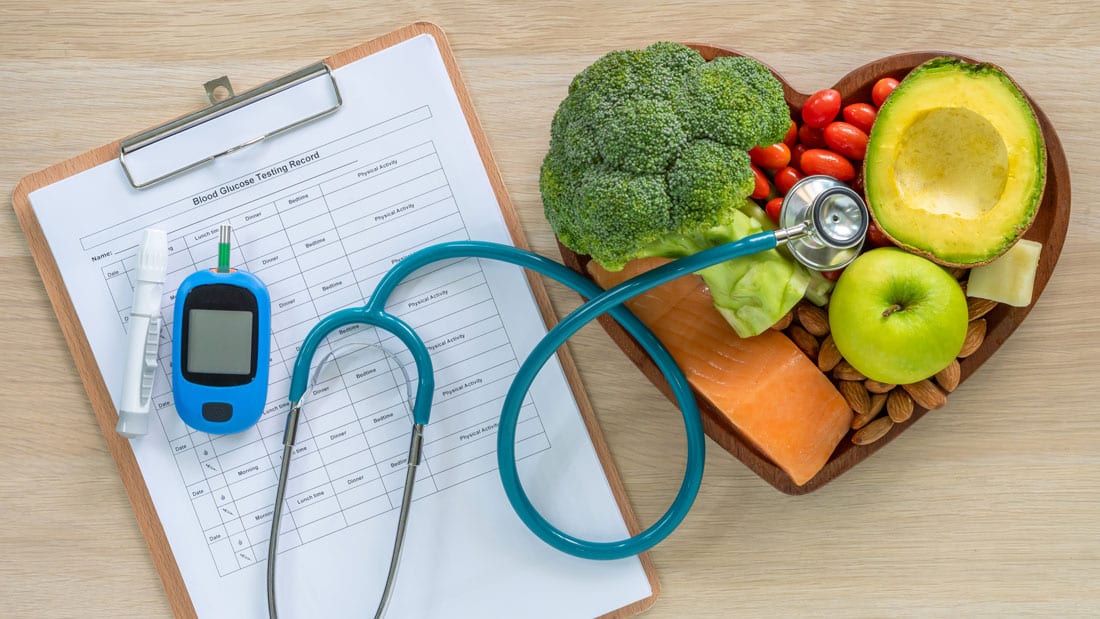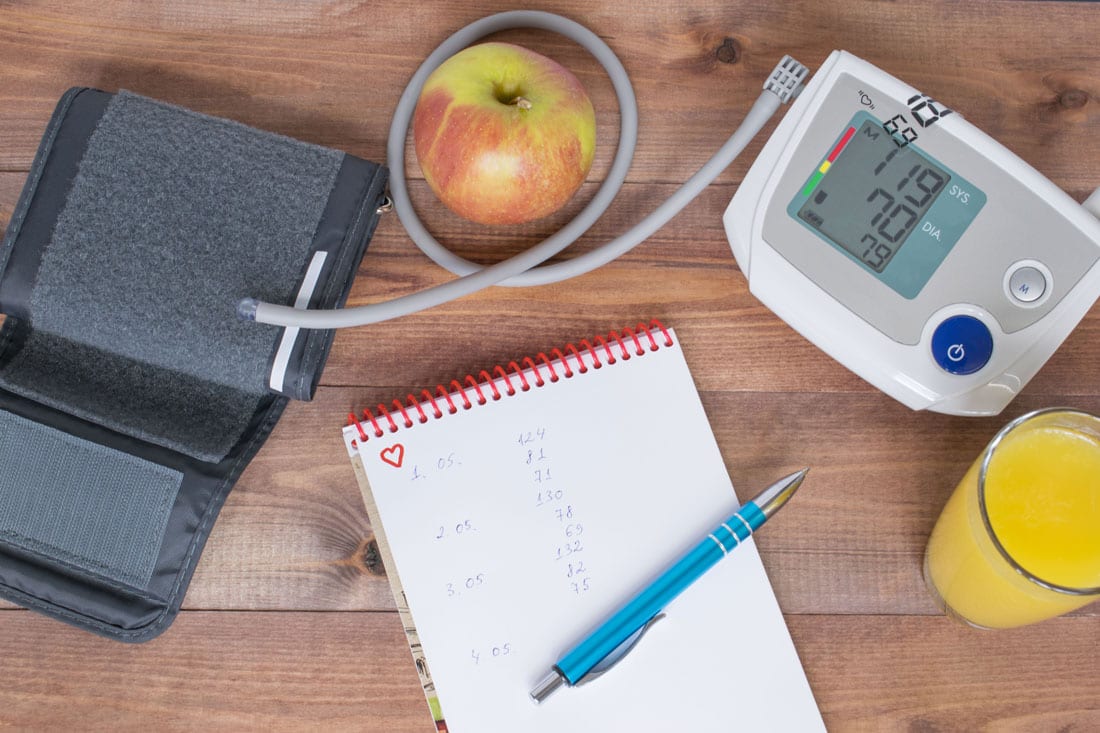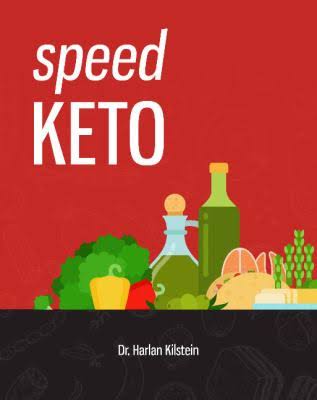
With that said, overeating has been linked to excess weight problems like obesity that have eventually led to high blood pressure, respiratory issues, asthma, and even stroke! Studies have shown that obesity has caused a significant increase in mortality and morbidity.
For this reason, it is essential to find out the underlying condition of an uncontrollable appetite and learn how to control it.
What Controls Your Appetite?

he environment surrounding us, the genetic makeup within us, and other factors control our appetite. Early humans had to fight to survive. They would run around in search of food, and when they get it, they will eat to fill themselves because they don’t know when they will eat the next.
Fast forward to today, we have the same genetic makeover, but the food is available everywhere. So, to survive, we keep eating and eating, eventually developing an uncontrollable appetite.
The theory, as mentioned above, is a hypothetical one. However, biologically, if you want to know who controls our eating desires, then you have to travel further north of your body where you hold the least amount of fat – your brain.
This thinking machine has something called a vital command center – the hypothalamus. This part of your brain receives all the signals from your stomach and immediately reminds you that you need to eat.
And what happens to your body when your brain gives the signal? Three hunger-controlling hormones are affected in various ways that cause you to think that you have not had enough food – insulin, ghrelin, and leptin.
Insulin
That is a hormone secreted by the pancreas and is responsible for influencing your body to take up sugar from your blood and utilize it to derive energy.
When you eat food that is rich with simple carbohydrates, like white bread or pasta, your pancreas secretes more insulin. This process will allow more sugar to enter your cells. In this case, although your stomach is full, you will have the urge to eat something.
Ghrelin and Leptin
These two hormones work hand in hand. While ghrelin can make you famished, leptin will make you feel full. As long as your diet and sleeping patterns are going great, both ghrelin and leptin work fantastically good.
However, the day you stop having adequate amounts of sleep, and your diet goes wrong, these hormones will work to your detriment.
In a study, Shahrad Taheri and others proved that sleep deprivation could quickly increase your hunger pangs and, at the same time, lower your metabolism rate and increase your body mass index. This combination is never a good sign for your health and weight loss regimen.
How to Control Your Appetite?

Curb Your Hunger Pangs With Fiber
There are times when, after having first servings, you go for a second and even a third because of your always-hungry appetite. To avoid this from happening, fill your plate with only foods that are rich in fiber. This compound found in vegetables is sure to fill you up real fast. So, the next time you are out for a meal, have vegetables as your pre-meal appetizer and observe the magic!
Snack Slowly
Did you know that your brain takes about 20 minutes to figure out that your stomach is full? So, that means the more time you take to eat your snack, the less you are going to eat. The moment you grab another bite to eat, your brain will signal that you are full.
Some slow snacks that could help you curb your hunger could be baby carrots, whole-grain crackers, baked tortilla chips, microwaved apples along with cinnamon topping, air-popped popcorns.
Don’t Eat When Distracted
Eating while watching TV or a hilarious series can give you a great time at the moment, but you will only end up regretting it. Distractions will not let you catch the signal that your brain is sending, saying you are full. So, the next time you sit down to eat, keep distractions at bay and concentrate on your plate.
Is There a Cure for Uncontrollable Appetite?

Whether you exercise regularly or drink more water, no matter what you do, you will find it hard to lose those stubborn pounds when you have no appetite control. As mentioned earlier, your brain tempts you into eating more ice creams, chips, cheesy burgers, and other food items that end up giving you more calories than you wish.
Research has termed this behavior as food addiction, which is as good as being addicted to drugs. This can be cured using cognitive behavioral therapy, where your brain will be tricked into not surrendering to the desires of overeating.
- Imagine how it would feel not to have any food cravings
- Think of the long-term benefits of not overeating food
- Think of the long-term side effects of eating way too much
Other Articles you may like.
Aero Plane Push Up
The aero plane is an excellent exercise for your core as it is activated for stability. Also, a great way to exercise your balance.
2 Point Plank
The 2 Point Plank is one of the harder plank exercises requiring not only strength but also coordination, balance and persistence.
Hip Flex Lunge
The Hip Flexor Lunge Stretch is a must do stretch before most exercises but more importantly when running. It helps the stride.






